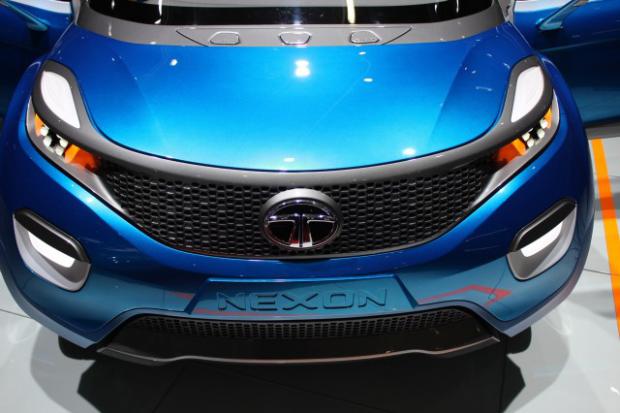
Breaking News
 The Pentagon Failed Its Audit Again. You Should Be Alarmed.
The Pentagon Failed Its Audit Again. You Should Be Alarmed.
 Cuban Crisis 2.0. What if 'Gerans' flew from Cuba?
Cuban Crisis 2.0. What if 'Gerans' flew from Cuba?
 Senate Democrats Offer Promising Ideas for Changing Immigration Enforcement
Senate Democrats Offer Promising Ideas for Changing Immigration Enforcement
 Never Seen Risk Like This Before in My Career
Never Seen Risk Like This Before in My Career
Top Tech News
 Critical Linux Warning: 800,000 Devices Are EXPOSED
Critical Linux Warning: 800,000 Devices Are EXPOSED
 'Brave New World': IVF Company's Eugenics Tool Lets Couples Pick 'Best' Baby, Di
'Brave New World': IVF Company's Eugenics Tool Lets Couples Pick 'Best' Baby, Di
 The smartphone just fired a warning shot at the camera industry.
The smartphone just fired a warning shot at the camera industry.
 A revolutionary breakthrough in dental science is changing how we fight tooth decay
A revolutionary breakthrough in dental science is changing how we fight tooth decay
 Docan Energy "Panda": 32kWh for $2,530!
Docan Energy "Panda": 32kWh for $2,530!
 Rugged phone with multi-day battery life doubles as a 1080p projector
Rugged phone with multi-day battery life doubles as a 1080p projector
 4 Sisters Invent Electric Tractor with Mom and Dad and it's Selling in 5 Countries
4 Sisters Invent Electric Tractor with Mom and Dad and it's Selling in 5 Countries
 Lab–grown LIFE takes a major step forward – as scientists use AI to create a virus never seen be
Lab–grown LIFE takes a major step forward – as scientists use AI to create a virus never seen be
 New Electric 'Donut Motor' Makes 856 HP but Weighs Just 88 Pounds
New Electric 'Donut Motor' Makes 856 HP but Weighs Just 88 Pounds
 Donut Lab Says It Cracked Solid-State Batteries. Experts Have Questions.
Donut Lab Says It Cracked Solid-State Batteries. Experts Have Questions.
Tata AirPod Compressed-Air Car To Launch In Hawaii This Year: Report

While a car that runs on air comes with obvious environmental benefits, including zero emissions from the non-existent tailpipe, the technology seemed unworkable for everyday use.
Yet Indian carmaker Tata Motors apparently hasn't given up.
The company plans to work with Luxembourg-based Motor Development International (MDI) to put a compressed air car on sale this year, according to a new report from the Business Standard (via Indian Autos Blog).
The two companies reportedly aim to put a version of MDI's AirPod on sale in Hawaii before the end of 2015, through franchisee Zero Pollution Motors.
The AirPod is a very small vehicle, although it will reportedly seat three adults and one child.
Top speed is estimated at just under 50 mph, the report says, and its onboard tanks will hold enough compressed air for 124 miles of range.
Refilling the tanks will require special compressed-air stations--creating an infrastructure issue that proponents of battery-electric and hydrogen fuel-cell cars will be quite familiar with by now.



